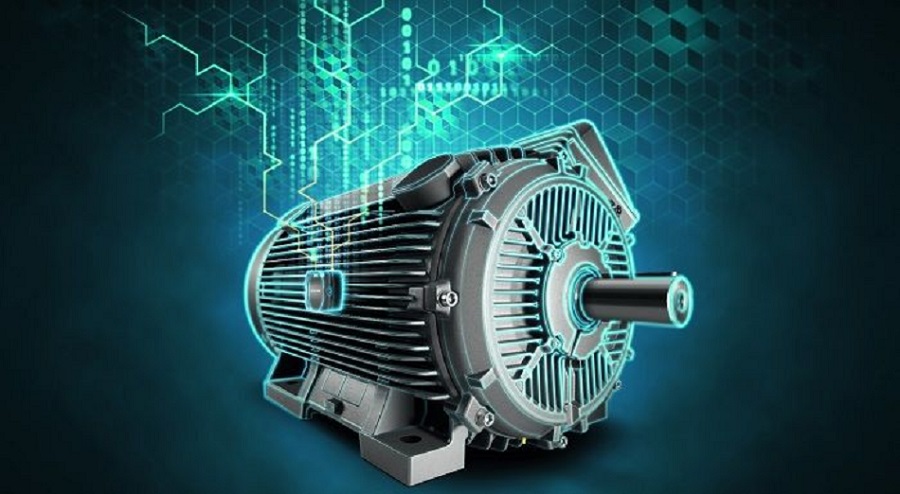In today’s world, the emphasis on energy efficiency has never been greater. Whether it’s for environmental responsibility, cost savings, or enhanced performance, the trend is clear—energy-efficient options are the future. This shift is particularly noticeable in the realm of electric motor and pump sales, where energy-efficient electric motors are increasingly becoming the go-to choice. In this blog post, we’ll explore the economic and environmental advantages of opting for energy-efficient electric motors.
Economic Benefits of Energy-Efficient Electric Motors
When you’re in the market for electric motor and pump sales, the initial purchase cost is often a significant consideration. However, it’s important to think long-term. Here’s how energy-efficient electric motors offer economic benefits:
Lower Operating Costs
Energy-efficient motors use less electricity to perform the same work as their less-efficient counterparts. Over time, the money saved on energy bills can be substantial, potentially offsetting the initial higher purchase price.
Longer Life Expectancy
High-efficiency motors are generally designed to higher standards, meaning they tend to have a longer lifespan. Investing in a motor that requires less frequent replacement can result in considerable cost savings over time.
Reduced Downtime
Better design and more efficient operation often translate to less wear and tear, minimizing the downtime required for maintenance or repairs. This is a key factor in industries where downtime can be incredibly costly.
Environmental Advantages of Energy-Efficient Motors
Going green isn’t just a buzzword; it’s a necessity for the health of our planet. Here’s how choosing energy-efficient electric motors makes an environmental impact:
Reduced Carbon Footprint
The less energy a motor uses, the fewer greenhouse gases are emitted into the atmosphere. By opting for an energy-efficient model, you’re directly contributing to a reduction in harmful emissions.
Lower Resource Consumption
Efficient motors often require fewer materials for construction, resulting in less resource extraction and waste production. Moreover, the longer lifespan of these motors means less frequent replacements, further reducing resource consumption.
Energy Conservation
It’s a simple equation: less energy used means less energy needs to be produced. This can lead to a reduction in the amount of fossil fuel burned to generate electricity, helping to conserve precious natural resources.
How to Make the Shift to Energy-Efficient Motors
If you’re convinced about the benefits, the next step is making the switch. When exploring options for electric motor and pump sales, consider the following:
Consult with Experts
Consult with professionals who can guide you through the specifications and requirements needed for your specific application. They can help you determine the most cost-effective and energy-efficient solutions.
Consider Retrofitting
If a full replacement isn’t feasible, consider retrofitting your existing systems to improve their efficiency. This can be a cost-effective way to achieve some of the benefits of energy-efficient motors without a complete overhaul.
Conclusion
The shift toward energy efficiency is a win-win scenario, offering both economic and environmental benefits. From reducing operating costs to contributing to a more sustainable planet, the advantages of energy-efficient electric motors are too significant to ignore. So the next time you’re exploring electric motor and pump sales, make energy efficiency a top priority—it’s an investment that pays off in more ways than one.

 How Realtors Can Sell Homes Faster with Staging
How Realtors Can Sell Homes Faster with Staging  How Often Should a Roof Be Replaced?
How Often Should a Roof Be Replaced?  What to Do During a Pest Control Treatment: Safety Protocols
What to Do During a Pest Control Treatment: Safety Protocols  Segmental Block vs. Poured Concrete Retaining Walls: A Comparison
Segmental Block vs. Poured Concrete Retaining Walls: A Comparison  Narra Residences Unveil Supreme Elegance in Singapore’s Dairy Farm Walk
Narra Residences Unveil Supreme Elegance in Singapore’s Dairy Farm Walk  Emergency Roof Repair in Wyoming: What to Do When Disaster Strikes
Emergency Roof Repair in Wyoming: What to Do When Disaster Strikes  Red Flags to Watch Out for When Choosing a Real Estate Agent
Red Flags to Watch Out for When Choosing a Real Estate Agent  How Site Preparation Impacts the Success of Concrete Construction
How Site Preparation Impacts the Success of Concrete Construction  Florida’s Venomous Spiders: What to Know and When to Worry
Florida’s Venomous Spiders: What to Know and When to Worry 